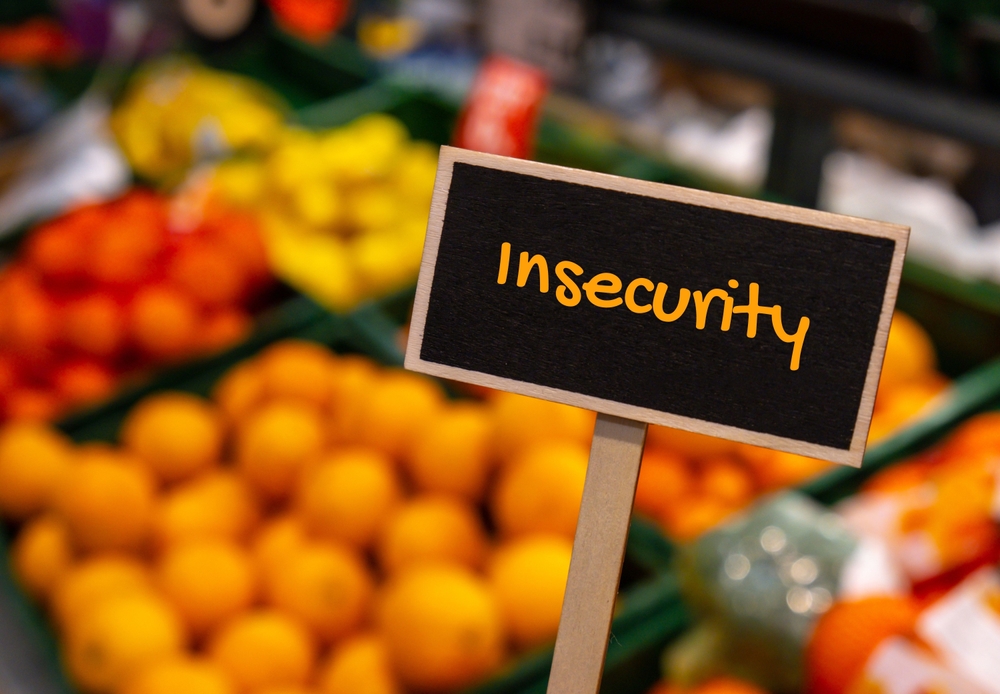Addressing food insecurity among refugees in Detroit

By Adegbite Adediwura
In the discourse on humanitarianism, food insecurity remains one of the most pressing challenges facing marginalized communities. Among these, immigrants and refugees are particularly vulnerable due to systemic barriers, cultural dislocation, and economic hardship. My project, which focuses on addressing food insecurity in this population by providing biweekly produce boxes, is an intervention aimed at addressing this need within this especially vulnerable community.
Food insecurity is often an invisible crisis, especially in immigrant and refugee communities. For many, the journey to a new country is fraught with challenges, and once they arrive, the struggle continues. Language barriers, lack of access to employment, unfamiliarity with local food systems, and limited social networks contribute to their vulnerability. Many find themselves in low-paying jobs, with income levels insufficient to meet basic needs, including nutritious food. Additionally, cultural differences and dietary restrictions can make it difficult to access appropriate food options, exacerbating the issue. This issue is especially critical in a city like Detroit which is classified by many sources as a “food desert.”
My project aims to play a vital humanitarian role. By providing produce along with healthy culturally sensitive recipes, I am not only trying to address an immediate need but also contributing to a larger framework of support that these populations desperately need. Food is a basic human right, and ensuring access to it is fundamental to maintaining the well-being of individuals and families who have already endured significant hardship. However, food insecurity among immigrants and refugees is not an isolated issue but a symptom of broader systemic challenges. Economic inequality, lack of access to social services, and structural discrimination all perpetuate food insecurity.
Programs like mine are essential, but they are not enough. There is only so much a small-scale program such as mine can do and there are only so many families my project can serve. We need more initiatives that focus on the specific needs of immigrant and refugee populations, recognizing the importance of culturally competent and targeted interventions. Moreover, to create a lasting impact, there must be stronger legislative efforts to support these communities. This includes policies that ensure access to social services, fair employment opportunities, and protections against discrimination.
Food insecurity in immigrant and refugee communities is a humanitarian issue that demands more attention and action. I believe that projects like mine are a step in the right direction, but we must advocate for more programs and legislation to ensure that these vulnerable populations receive the support they need to thrive.
Adegbite Adediwura, a medical student attending the Michigan State University College of Osteopathic Medicine, is a 2024-25 Albert Schweitzer Fellow at Authority Health. World Humanitarian Day is August 19.
Tags: Detroit, food insecurity, refugees